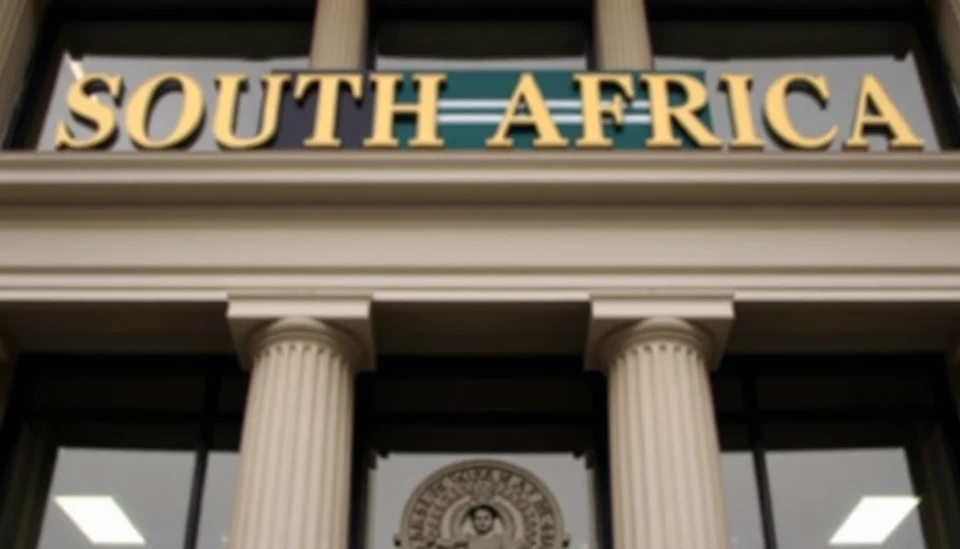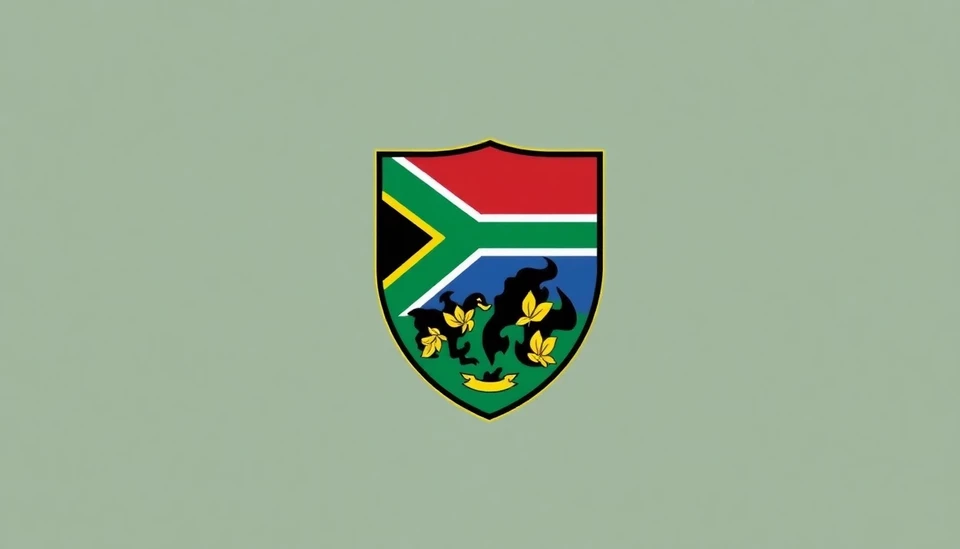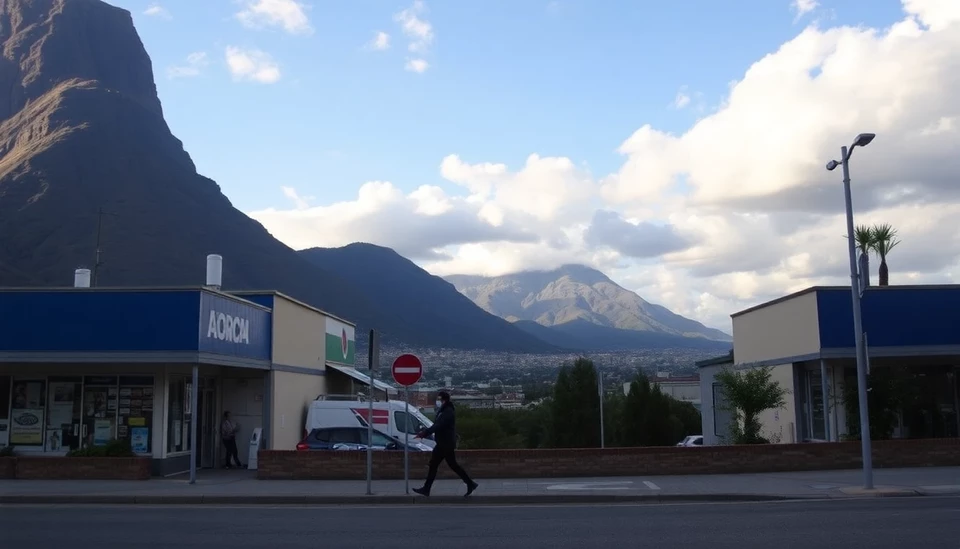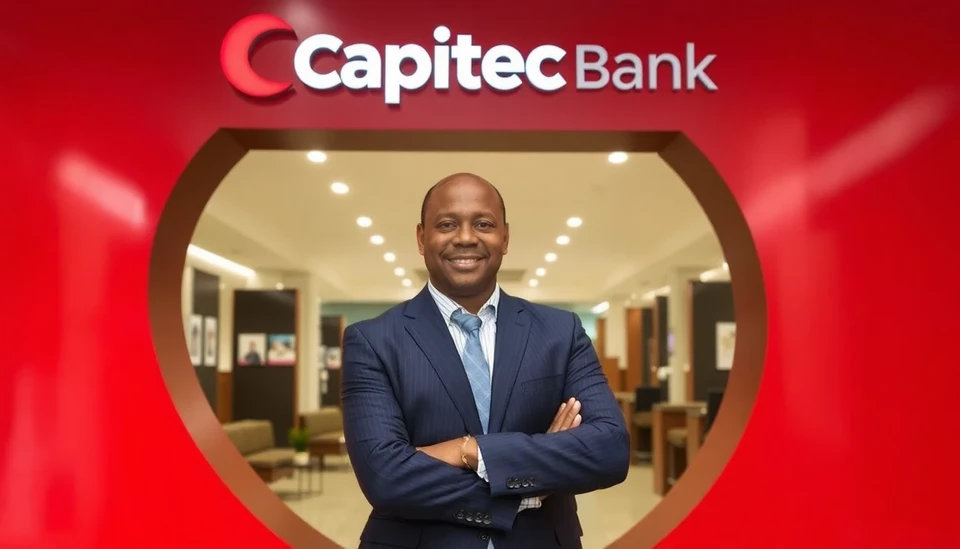
In a significant policy discussion, Lesetja Kganyago, the Governor of the South African Reserve Bank (SARB), voiced his support for reconsidering the country's current inflation targets. During a recent economic forum, Kganyago emphasized that the central bank should explore the possibility of lowering the inflation goal from its current rate of 3% to 6%. This suggestion arises amid ongoing concerns regarding the nation’s economic resilience and the challenges posed by high inflation rates globally.
Kganyago articulated the notion that a revised target could provide greater flexibility in addressing economic fluctuations and allow for more robust interventions to stimulate growth. He pointed out that strict adherence to the existing inflation goal might be hindering the bank's capacity to respond effectively to economic developments. The central bank is tasked with controlling inflation while fostering economic stability, which has become increasingly challenging given the external pressures from rising commodity prices and geopolitical tensions.
The debate over inflation targeting is not new; it has been a recurring theme in economic discourse, especially as many countries reevaluate their monetary policies in light of the pandemic's long-term effects. The SARB's current inflation target has been a focal point for ensuring price stability, but Kganyago's comments indicate a willingness to adapt to changing economic realities to better support South Africa's growth prospects.
Critics of the existing inflation framework argue that a rigid targeting system could stifle economic growth and investment, particularly in a nation grappling with high unemployment and sluggish economic recovery. By proposing a more flexible target, Kganyago is aligning with global trends where central banks are pivoting towards broader economic objectives rather than focusing solely on inflation metrics.
The discussion around adjusting the inflation target comes at a critical moment for South Africa, which is facing pressures from various sectors including energy, food, and labor markets. As inflation continues to impact the daily lives of citizens, Kganyago’s push for change could signify a major shift in how the SARB approaches monetary policy moving forward. This proposed change seeks not only to stabilize prices but also to take a more holistic approach to fostering economic growth.
As the SARB continues its deliberations, the outcome of this suggestion will be closely monitored by economists and policymakers alike, with potential implications for the broader South African economy. The response from various stakeholders, including business leaders and international markets, will also be telling, as they react to the potential for a change in the central bank's inflation strategy.
This dialogue emphasizes the ongoing evolution of monetary policy in South Africa and reflects broader trends observed in many economies grappling with the complex intertwining of inflation and growth prospects. Kganyago's remarks are a clarion call for a reassessment of how monetary authorities can foster a more conducive environment for sustainable economic development.
In the subsequent weeks, it will be essential to watch how this discussion unfolds and whether it translates into actionable policy changes within the SARB. As economic conditions fluctuate, the path forward remains uncertain, but Kganyago’s advocacy for flexibility in inflation targeting marks a significant moment in South Africa's monetary policy debate.
#SouthAfrica #Inflation #Economy #Kganyago #MonetaryPolicy #SARB
Author: Rachel Greene




